Top 10 South African Women in Finance & Investment

In a country where economic inclusion is vital to long-term progress, South African women are rising as trailblazers in the finance and investment sector. Whether you’re a student exploring career paths, a young professional looking for inspiration, or a job seeker aiming to pivot into finance, the success stories of these women offer valuable lessons, motivation, and direction.
Top 10 South African Women in Finance & Investment
This guide highlights ten influential South African women who have made a name for themselves in finance and investment—leading major firms, changing policies, and mentoring the next generation. We’ll explore their achievements, what you can learn from them, and how you can follow in their footsteps.
1. Nicky Newton-King – Breaking the JSE Glass Ceiling
Former CEO of the Johannesburg Stock Exchange (JSE)
Nicky Newton-King made history as the first woman CEO of the JSE. She led the exchange from 2012 to 2019, steering it through regulatory changes and modernisation. With a legal background and financial acumen, Newton-King helped transform the JSE into one of the world’s most advanced stock exchanges.
Lessons from Nicky
- Law and finance make a powerful combination.
- Corporate governance is key to long-term investment confidence.
Challenges Overcome
Newton-King faced immense resistance in a traditionally male-dominated industry. Despite this, her focus on regulatory reforms and tech-driven solutions helped place the JSE on the global map.
A 2018 Financial Times interview highlighted her leadership in transforming South Africa into a hub for emerging market investment.

2. Fikile Mbhokota – Championing Development Finance
CEO of the National Empowerment Fund (NEF)
Fikile Mbhokota took the reins of the NEF in 2023, with a focus on supporting black entrepreneurs and ensuring access to capital for previously disadvantaged communities.
Why She Stands Out
- Proven leadership in development finance institutions.
- Advocacy for gender-responsive funding strategies.
Challenges Overcome
Mbhokota has worked tirelessly to advocate for gender-responsive financing, a field that was historically overlooked. She’s had to challenge traditional funding systems to create more inclusive structures.
In an interview with Business Day (2023), Mbhokota emphasized the importance of inclusive finance to reduce wealth inequality in South Africa.
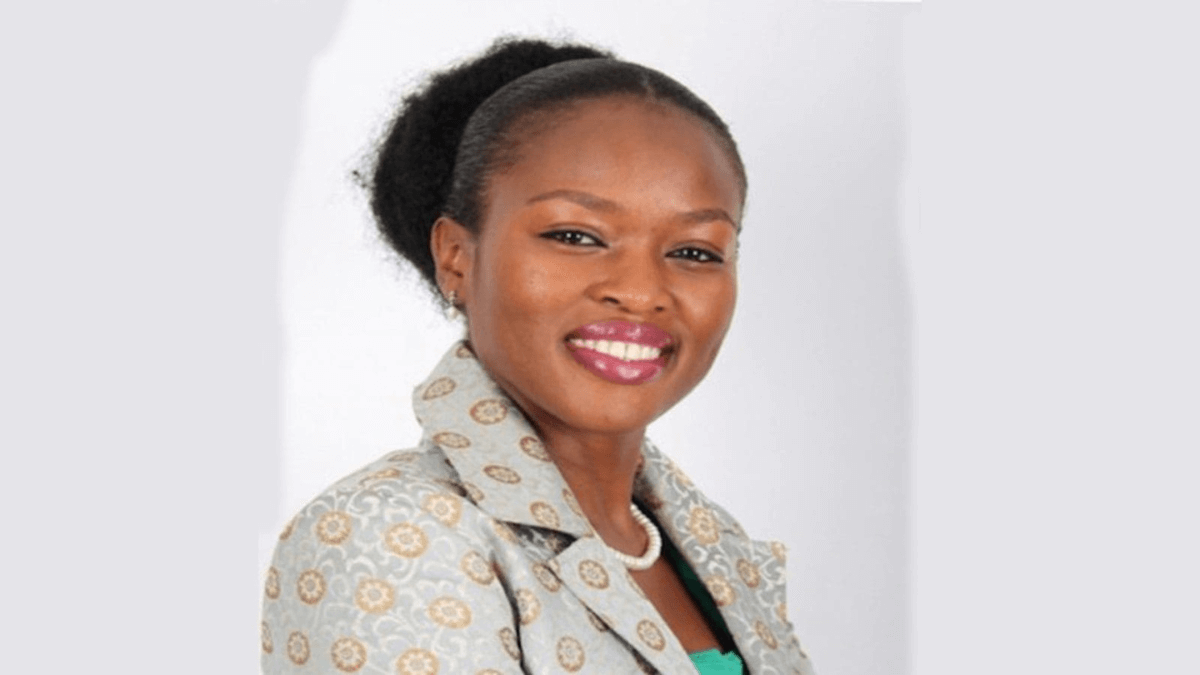
3. Nontobeko Ndhlazi – Empowering Women in Asset Management
Chief Operating Officer at Mianzo Asset Management
With over a decade in investment operations, Nontobeko is known for building scalable financial systems. Her role ensures that client funds are handled efficiently and transparently.
Tip for Aspiring COOs
- Specialising in compliance and operations can lead to executive roles.
- Focus on technology in finance—it’s the future of asset management.
Challenges Overcome
Ndhlazi faced many barriers as one of the few black women in senior asset management roles. Her focus on compliance and tech-driven finance helped bridge gaps in a traditionally conservative industry.
Forbes Africa (2022) highlighted her role in modernising Mianzo’s client funds system, improving operational transparency.

4. Phumzile Langeni – A Voice in Public and Private Sectors
Special Investment Envoy to the President & Chair of Imperial Logistics
Phumzile Langeni has straddled both private equity and government advisory roles, bringing much-needed expertise to South Africa’s economic recovery.
Notable Achievements
- Advocate for women-led investment platforms.
- Direct involvement in South Africa’s economic recovery plans.
Challenges Overcome
Langeni’s path hasn’t been easy—she often faced pressure as a woman of colour in both private equity and government circles, yet her voice continues to be pivotal in shaping policies and economic recovery strategies.
Phumzile Langeni’s work in both sectors was discussed in The Sunday Times (2021) as key to the government’s economic recovery strategy post-pandemic.
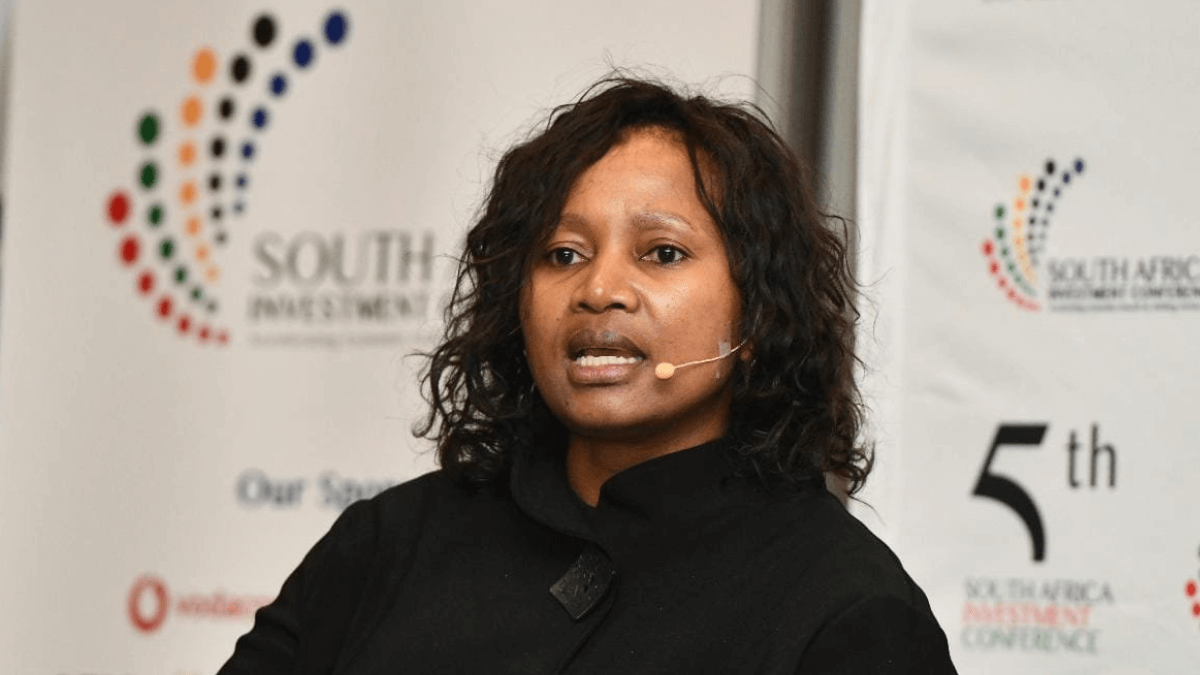
5. Fikile Sibiya – Digital Banking Trailblazer
CFO at TymeBank
As one of the youngest women to become CFO of a digital bank in South Africa, Fikile’s background in auditing and tech-driven finance has helped TymeBank expand accessible banking to all citizens.
Pro Tip
- Digital finance and fintech roles are booming—consider courses in data analytics and blockchain.
Challenges Overcome
Fikile’s rise to CFO came at a time when digital banking was still in its infancy. She faced resistance from traditional banking sectors but persevered by focusing on TymeBank’s mission to provide accessible financial solutions for the unbanked population.
In an interview with TechCentral (2022), Fikile discussed how TymeBank’s growth was fueled by digital-first financial solutions.

6. Nneile Nkholise – Innovating Through Venture Capital
Founder of 3DIMO, Backed by Venture Investors
A mechanical engineer by training, Nneile Nkholise has earned funding for her tech ventures from both local and global investors. Her startup uses AI to improve animal health in agriculture, bridging tech and agriculture.
Inspiration for Entrepreneurs
- Venture capital is accessible if your business solves real problems.
- Technical skills can transition into finance through innovation.
Challenges Overcome
Nneile faced skepticism as a woman in tech. Her innovative approach to combining AI and agriculture has since silenced her critics and attracted major venture capital support.
VentureBurn (2021) covered Nkholise’s innovative approach, highlighting her as a rising star in South Africa’s venture capital scene.

7. Lerato Molebatsi – Corporate Finance and Policy Leadership
Chair of the Financial Sector Conduct Authority (FSCA)
Lerato has spent her career focusing on financial regulation, with an emphasis on investor protection and sustainable finance.
FSCA’s Role
- Oversees non-banking financial institutions (pensions, insurance, etc.).
- Regulates financial advisors, credit providers, and investment platforms.
Challenges Overcome
Lerato has been instrumental in advocating for better protection for consumers in South Africa’s complex financial markets, often facing resistance from entrenched industry players.
Lerato’s work with the FSCA was discussed in The Mail & Guardian (2022) as crucial for stabilising South Africa’s financial markets.
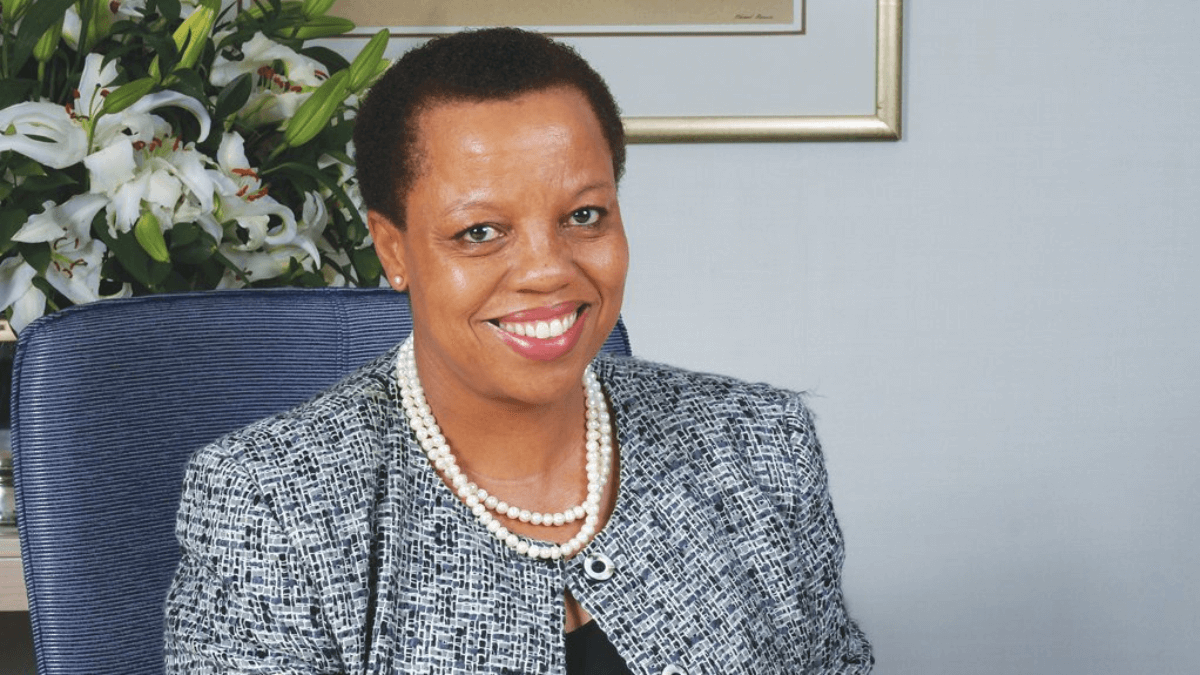
8. Mamokgethi Phakeng – Driving Financial Literacy
Former UCT Vice-Chancellor and Advocate for Black Women in Finance
Mamokgethi Phakeng, known for her academic leadership, has been deeply involved in financial education initiatives aimed at empowering the youth.
Educational Impact
- Financial literacy programs in high schools.
- Supporting STEM students with scholarships and mentorship.
Challenges Overcome
Phakeng has worked tirelessly to overcome gender and racial barriers in higher education and finance, creating avenues for underrepresented youth to thrive.
UCT News (2021) highlighted Phakeng’s financial literacy initiatives, showing her commitment to empowering South Africa’s youth.
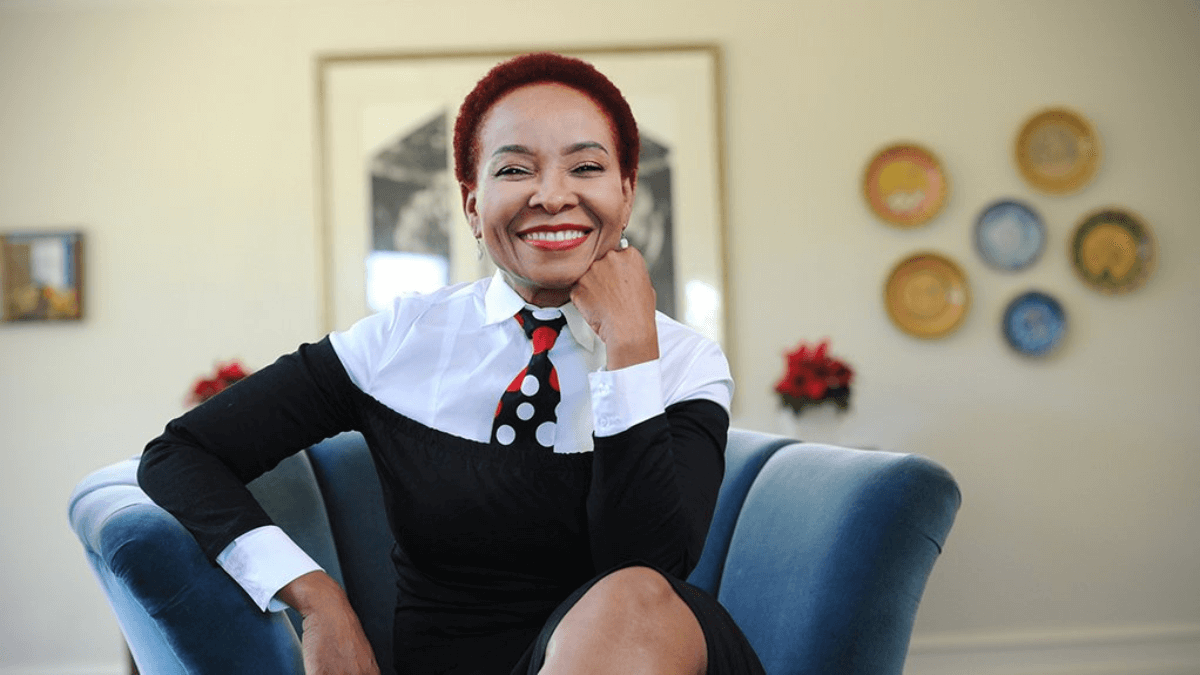
9. Gloria Serobe – Pioneer of Women’s Investment Empowerment
Founding Member of WIPHOLD (Women Investment Portfolio Holdings)
Gloria Serobe has led efforts to bring black South African women into mainstream investment through WIPHOLD, a company that owns stakes in major firms like Sasol and Distell.
Key Contribution
- Proved that group investment can create generational wealth.
- Blended activism with structured finance.
Challenges Overcome
Serobe’s leadership came at a time when women, particularly black women, were largely excluded from the formal investment sector. She faced many hurdles, but her success has paved the way for future generations.
Financial Mail (2020) discussed WIPHOLD’s impact on empowering black women investors.
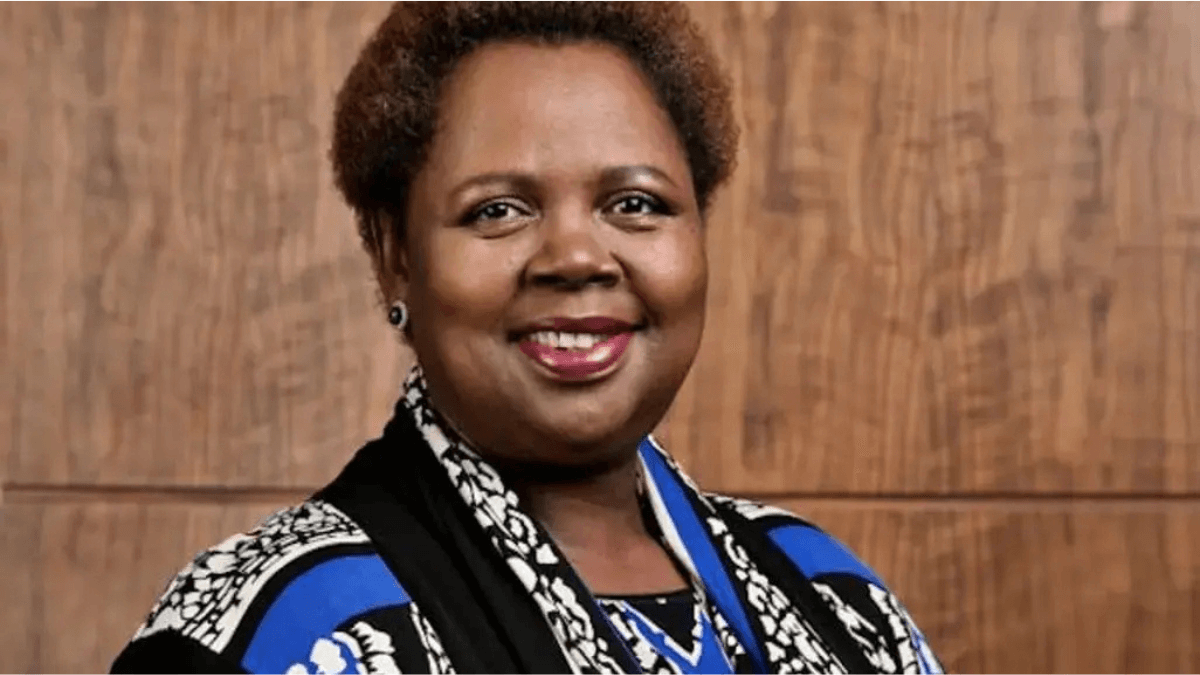
10. Basani Maluleke – Youngest Black Woman CEO in SA Banking
Former CEO of African Bank
Basani Maluleke became the CEO of African Bank at age 40, transforming the bank’s image by focusing on inclusive products for South Africa’s marginalized communities.
Quick Insight
- A law degree can lead to banking leadership.
- Apply for leadership roles early in your career.
Challenges Overcome
As the youngest black woman CEO in South Africa’s banking sector, Basani faced significant challenges in leading a large financial institution, including overcoming skepticism about her capabilities.
The Business Report (2021) focused on her leadership at African Bank, particularly her contributions to inclusive finance.
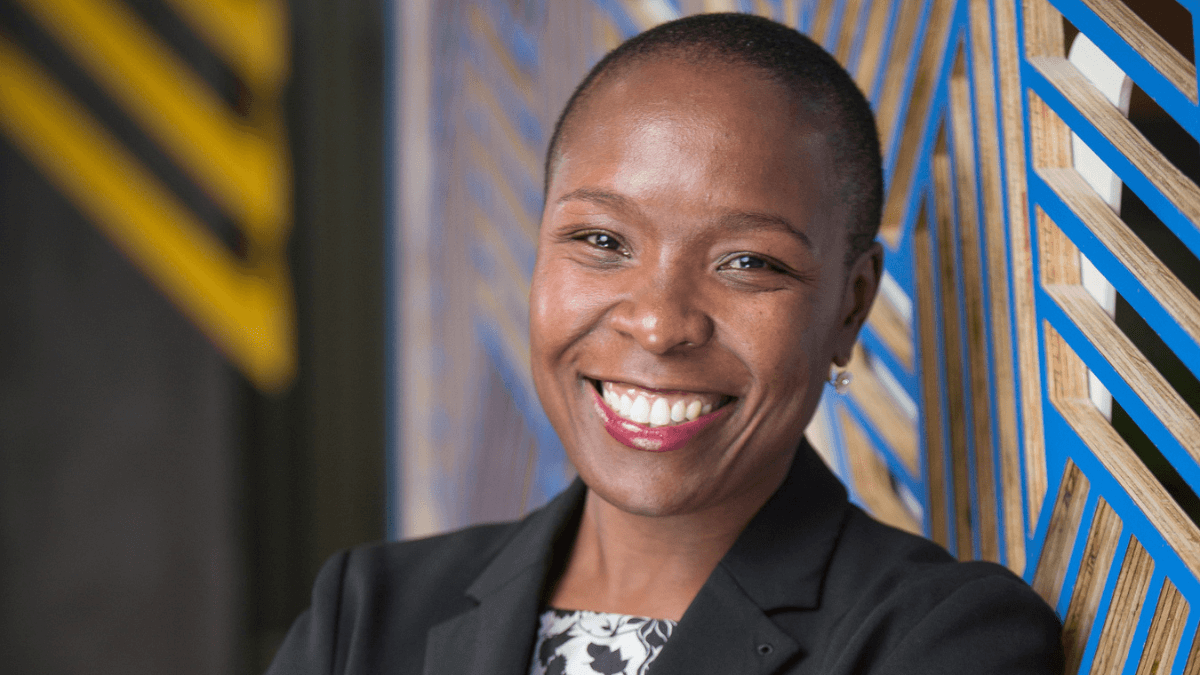
How to Follow in Their Footsteps
- Start With Education
Pursue degrees in finance, accounting, economics, or data science. Institutions like UJ, Stellenbosch Business School, and WITS offer relevant qualifications. - Seek Mentorship
Platforms like GirlCode, Women in Finance Network, and AWCA offer access to female mentors who can help guide your career journey. - Gain Real Experience
Apply for internships at Absa, Old Mutual, Allan Gray, and SEFA. Consider shadowing a professional through industry workshops or networking events.
FAQs: South African Women in Finance
- Q: Can I work in finance without a degree?
A: Yes, but a diploma, certificate, or learnership is typically needed for credibility. - Q: What bursaries are available for finance studies?
A: Check NSFAS, Old Mutual Education Trust, and Investec Bursary Programmes. - Q: How do I get started in investment banking?
A: Begin with a BCom degree, then pursue CFA accreditation or internships in corporate finance.
Also check: 10 South African Women in STEM Who Are Breaking Barriers
The ten women featured in this article have proven that there’s no one path to success in finance and investment—whether it’s corporate banking, venture capital, or regulatory bodies, there’s space for more diverse voices. The sector needs your unique perspective, and the resources to help you get there are more available than ever.
